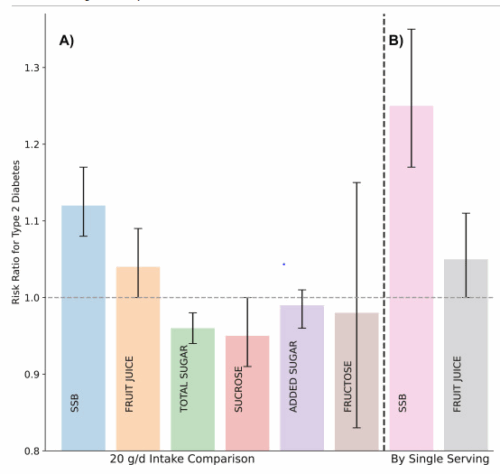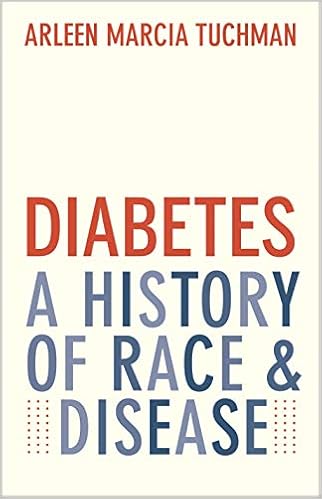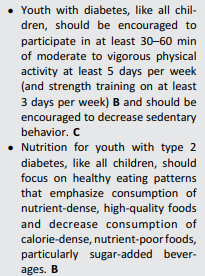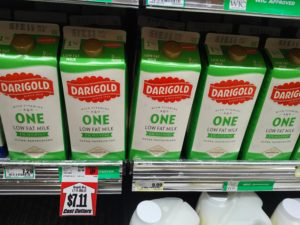FDA has announced a joint research initiative with NIH
Under the new Nutrition Regulatory Science Program, the FDA and NIH will implement and accelerate a comprehensive nutrition research agenda that will provide critical information to inform effective food and nutrition policy actions to help make Americans’ food and diets healthier. The initiative will aim to answer questions such as:
- How and why can ultra-processed foods harm people’s health?
- How might certain food additives affect metabolic health and possibly contribute to chronic disease?
- What is the role of maternal and infant dietary exposures on health outcomes across the lifespan, including autoimmune diseases?
This sounds terrific —and I’m all for all of this.
An article about it in JAMA, of all places, raises some concerns. It quotes Jerry Mande,
The bad news, he noted, is that the announcement may follow a recent pattern within the federal government of unveiling an initiative but providing few details on how it will be executed. The April press conference held by the HHS and the FDA on eliminating synthetic food dyes is one such example, in his view.
It also quotes me as noting that the announcement is short on detail and even shorter on timeline.
The food industry is in a difficult position…Ultraprocessed foods are among their most profitable, and food companies consider the ability to market to children to be essential to their business models. They could voluntarily start making and marketing healthier products and reducing unhealthy ingredients, but experience tells us that they won’t do this unless forced.
MAHA has now issued requests for proposals on two initiatives.
I. A Research Study of Contaminants in School Meals
This pilot study supports a comprehensive, FDA-led initiative aimed at evaluating the toxicological safety and nutritional quality of meals served in all schools that actively participate in the National School Lunch Program (NSLP), including both public and nonprofit private schools…Schools must be equipped to engage in structure intervention activities and collaborate with a partner to support the transition to minimize the use of foods commonly considered ultra-processed.
The goals of this funding opportunity
- Identify contaminants (e.g., heavy metals) present in school meals.
- Promote whole food offerings and minimize the use of foods commonly considered ultra-processed,
- Measure potential changes in contaminant levels and nutritional content pre- and post-intervention.
Yes, let’s give kids real foods in school, preferably and whenever possible cooked from scratch. But,
- Are heavy metals a problem in school meals? What other contaminants are of concern? Why?
- How are schools to increase whole food offerings when the administration has cancelled the farm-to-school program?
- Will schools be given the additional funds needed to pay for whole foods and the staff to cook them?
The offer is for grants of about $2 million each. The timeline for submission is short (check the links for how to submit and by when).
The FDA sent further information to applicants.
It also sent an FAQ.
Comment: I have a nagging suspicion that what this is really about is a push to substitute “cleaner” products for current products used in schools. This is a concern because so many of the people now associated with HHS sell “clean” products and, no doubt, would love to sell them in schools. Substituting one product for another will not solve the single major problem faced by school meal programs: lack of adequate funding for personnel, equipment, and fresh food.
II. Take Back Your Health Campaign
Purpose: The purpose of this requirement is to alert Americans to the role of processed foods in fueling the diabetes epidemic and other chronic diseases, inspire people to take personal responsibility for their diets, and drive measurable improvements in diabetes prevention and national health outcomes.
Scope: The U.S. Department of Health and Human Services (HHS) will launch a series of bold, edgy national campaigns with innovative messaging to inspire and empower Americans to reclaim control over their health. This initiative will challenge individuals to adopt disciplined, lifelong habits—centered on eating real food, physical fitness, and spiritual growth—to build a healthier, stronger nation.
As Stat News puts it, HHS plans ‘bold, edgy’ campaign on ultra-processed foods and diabetes.
The campaign, estimated to cost between $10-20 million, will urge Americans to shift their behaviors and see health wearables as ‘cool’. The call for pitches was posted on the evening of June 12, with a swift deadline of June 26. It asks not only for “daring, viral messaging to motivate behavior change” but for campaigns that specifically “popularize technology like wearables as cool, modern tools for measuring diet impact and taking control of your health.” Surgeon general nominee Casey Means’ health tech company, Levels, uses continuous glucose monitors and lab testing to help people track their health.
Comment: Oh dear. Personal responsibility. Never mind that the MAHA Commission report clearly identified environmental factors as responsible for epidemic chronic disease. Neither of these initiatives gets at changing the “toxic” food environment. To really do that, MAHA would need to stop food industry marketing of ultra-processed foods, especially to children. And to get at other environmental causes of poor health, especially for children, it would need to take on the cigarette industry, the gun lobby (guns are a leading cause of kids’ deaths), and the industries that dump chemicals into the water and food supplies.
I’m totally for educating people about healthy diets, eating real food, and physical fitness. But education is not enough to change behavior. Education has to be backed up by policy.
Where’s the policy? For that, we must wait for the next MAHA Commission report, due out in August. Stay tuned.
 The figure shows the effect of 20 g/d sugar intake on T2D risk, in comparison to typical doses of SSB and fruit juice.
The figure shows the effect of 20 g/d sugar intake on T2D risk, in comparison to typical doses of SSB and fruit juice.
 I did a blurb for this book:
I did a blurb for this book:






